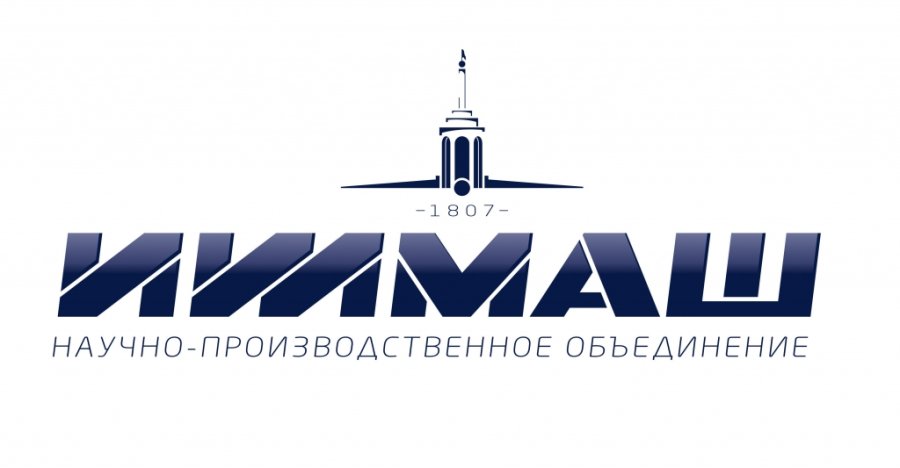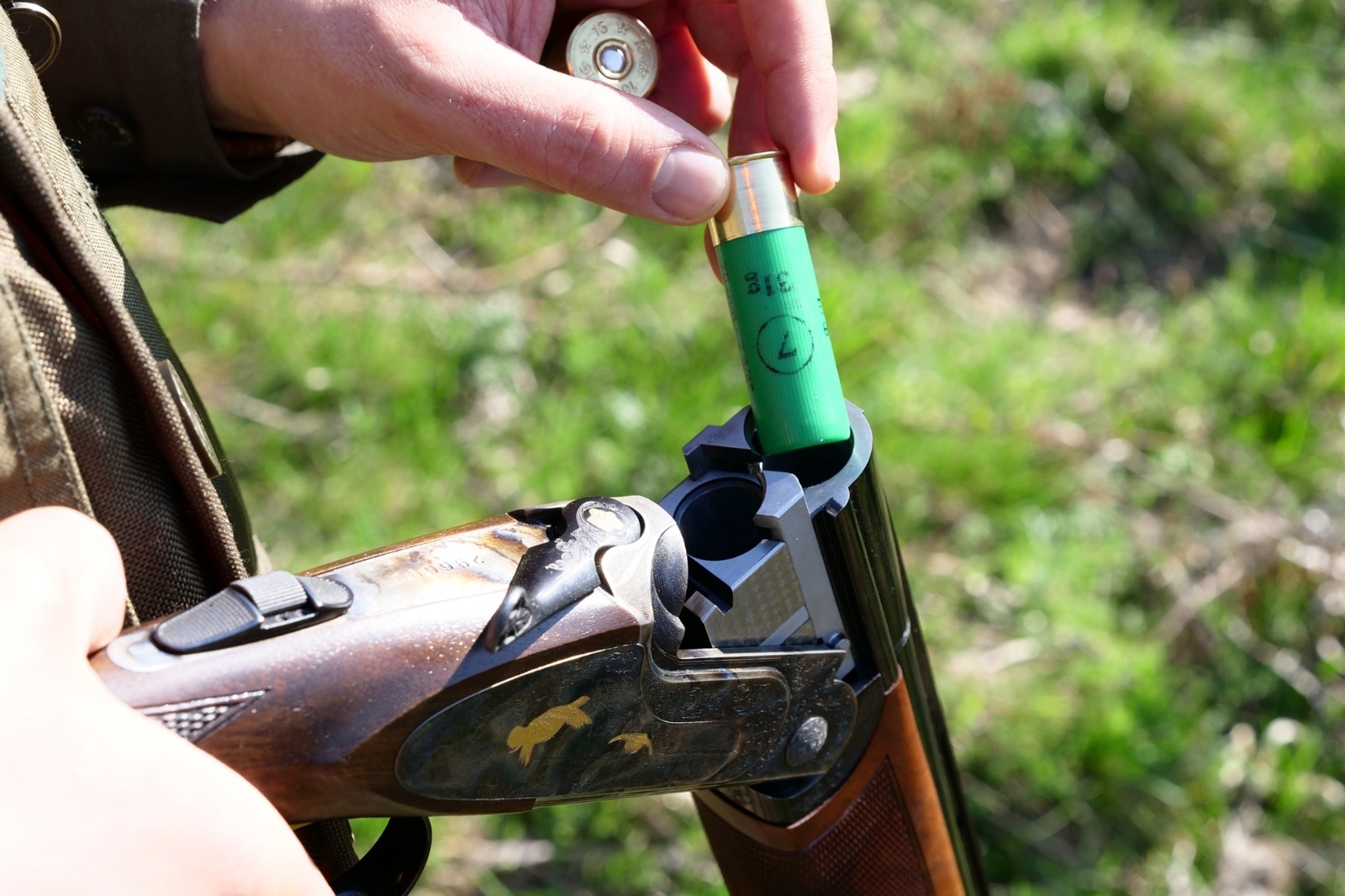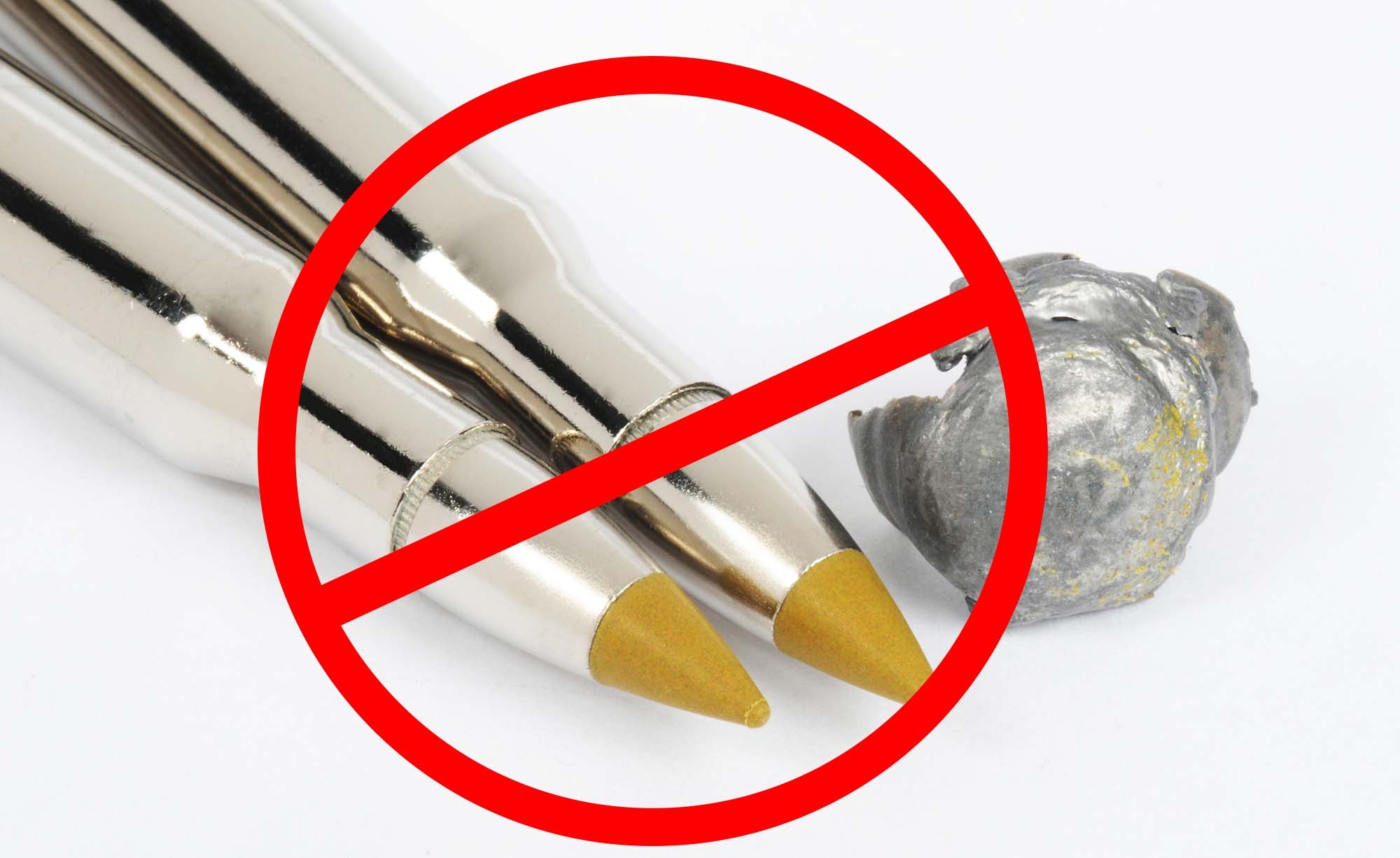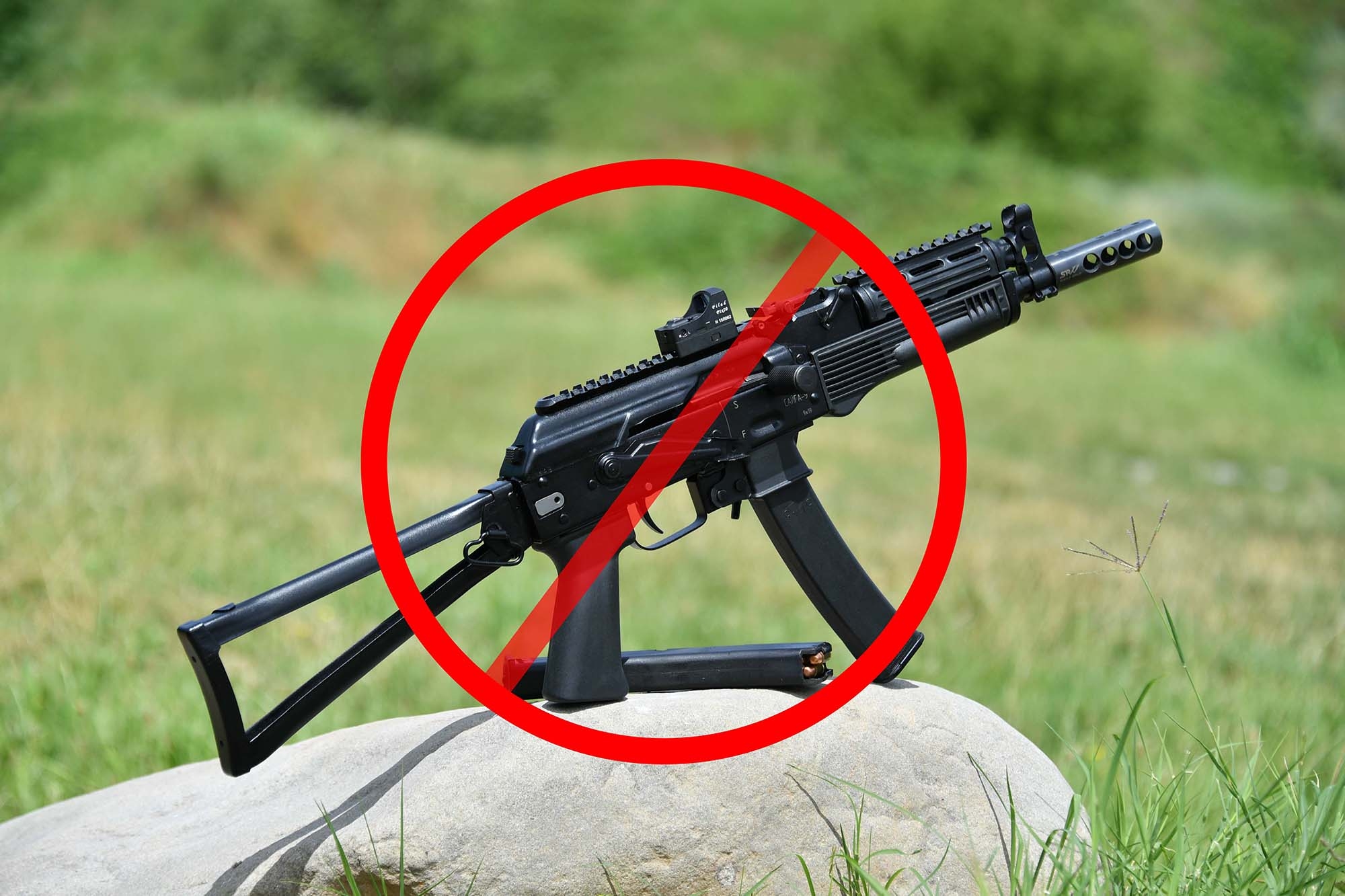Article also available in other languages

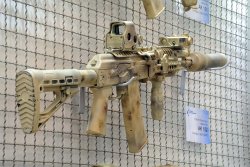
For months, now, the Government of the United States of America and the European Union have been engaging in a row of diplomatic and commercial actions meant to penalize Russian interests abroad, in response to the Russian involvement in the ongoing crisis in Ukraine.
Said actions include the prohibition for certain key figures of the Russian military, political or economic establishments to travel from or to the USA or EU-member Countries, or to make business there.
Both the USA and EU have also adopted a package of "targeted sanctions" that basically bar a certain number of Russian individuals or commercial entities to make business with US-based or European individuals or entities, de facto kicking them out of the market.
The latest wave of sanctions − adopted only by the United States Government, so far − also has the "Concern Kalashnikov" between its targets: effective July 17th, 2014, the Company is banned from doing business in the United States of America, and American persons or entities are forbidden from doing business with the "Concern Kalashnikov".
News of the sanctions came the same day that saw a Malaysian passengers flight shot down over the eastern Ukrainian conflict zone by a 9K37 "Buk" (a.k.a. SA-11 "Gadfly" / SA-17 "Grizzly") surface-to-air missile − an incident for which each of the two warring sides is now blaming the other.
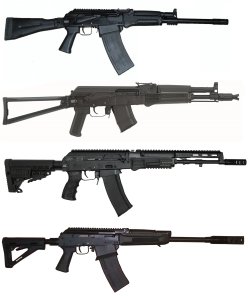
Established in 2013 under the auspices of the Russian ROSTEC State enterprise, the "Concern Kalashnikov" gathered some of Russia's top gun manufacturers and defense-related entities under the same umbrella.
The reorganization was decided after years of crisis, during which some of the most important Russian gunmaking companies went multiple times on the edge of bankruptcy as they were basically unable to compete on the globalized international market.
Said reorganization was accompanied by a new industrial policy which included the adoption of a recognizable, captivating name (the late Mikhail Timofe'evič Kalashnikov allowed the use of his name a few weeks before his death, in hopes that it would boost sales) and a higher level of attention to the demands of the international civilian markets.
The targeted sanctions of the U.S. Government have the potential to vanify all these efforts: the "Concern Kalashnikov" has been investing an important share of resources to take on the American civilian firearms market, and had recently found a new US-based importer and distributor − more specifically RWC Group LLC., headquartered in Tullytown (Pennsylvania).
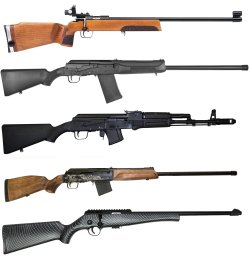
The "Concern Kalashnikov" already manufactures − and sells on the U.S. and European civilian markets − a broad line of hunting-oriented shotguns and rifles, and several small-caliber rifles conceived for classic sports shooting disciplines.
The most successful products of the Company are however the modern sporting rifles and shotguns of the "Saiga" line, patterned after the Kalashnikov design, and thus strongly frowned upon by the anti-gun lobby, which addresses to them with the well-known incorrect and derogatory term "assault weapons".
This immediately led several pro-gun observers in the United States to speculate that the "targeted sanctions" may have been primarily aimed to deprive the U.S. market of such models, de facto establishing a ban which wouldn't have otherwise been possible.
However, the "Concern Kalashnikov" is also one of the world's top players in the field of military small arms, and is the single biggest supplier of the military and law enforcement forces of the Russian Federation, and one of Russia's biggest industrial enterprises; thus, in the mind of the U.S. Government officials that included the "Concern Kalashnikov" in the latest list of Russian embargoed company, there may have been no consideration at all for the aftermaths on the civilian gun market.
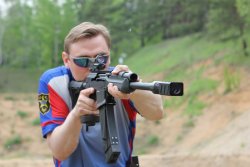
As a matter of fact, the text of the sanction has been written in such a way to consider the "Concern Kalashnikov" as a sort of extension for one of the brands that operate under its umbrella − more specifically, IZHMASH.
However, according to the amendment to the Code of Federal Regulations (T.D. ATF-393), published on July 17th, 2014, it will apply to all the products manufactured by all other companies that operate under the Concern − these being Baikal and MOLOT − after they joined the concern itself. This includes popular product lines such as the "Saiga" and "VEPR" rifles, carbines, and shotguns.
What's certain is that the import in the United States of firearms manufactured or branded by IZHMASH and by the "Concern Kalashnikov" is suspended, effective immediately, and that all hopes to see the company's newest products on the American market are to be abandoned − and this includes the highly-awaited Saiga Mk-107. So far there is no word about the potential losses for the "Concern Kalashnikov", but they may be extremely severe − at least as far as its commercial/civilian branch is concerned.
Pre-owned firearms manufactured by the "Concern Kalashnikov" and IZHMASH that are already in civilian hands in the United States are not affected by the sanctions, and can be re-sold; importers, distributors and retailers may also sell existing stocks if there's no remaining interest of the "Concern Kalashnikov" in them. If there is any − e.g., products that are not fully paid for or are being sold on consignment − said distributors should contact OFAC − Office of Foreign Assets Control of the U.S. Department of the Treasury − for guidance on how to handle these stocks.
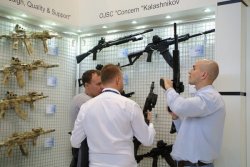
According to our sources, US-based importers of the "Concern Kalashnikov" firearms had been anticipating these moves, but the only way to circumvent the sanctions would be to manufacture the afflicted models 100% in the United States: even just the assembly of imported part kits will be illegal, as any single part manufactured by the "Concern Kalashnikov" is now banned from import on American territory.
The sanctions have no sunset date: the "Concern Kalashnikov" and IZHMASH will be forbidden to export anything to the United States unless the sanctions are nullified by an act of the U.S. Congress or an Executive Order of the President of the United States − both of which, to date, seem highly unlikely.
The sanctions have no effect on foreign markets, this meaning that the "Concern Kalashnikov" will still be able to market its firearms to commercial and professional customers in the European Union, Canada and elsewhere − as long as the EU or other Countries don't adopt similar sanctions by themselves.
However, commercial triangulations (eg. attempting to import "Concern Kalashnikov" or IZHMASH guns on the U.S. market through a third Country exporter) may be punishable by the U.S. Government as an attempt to circumvent the sanctions.
